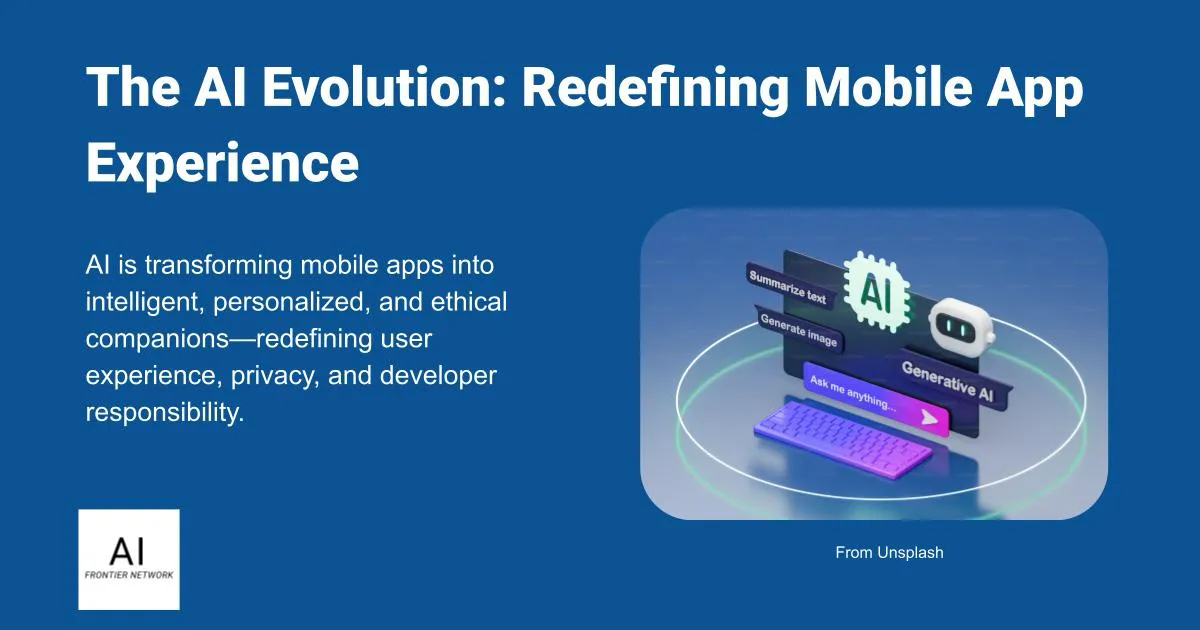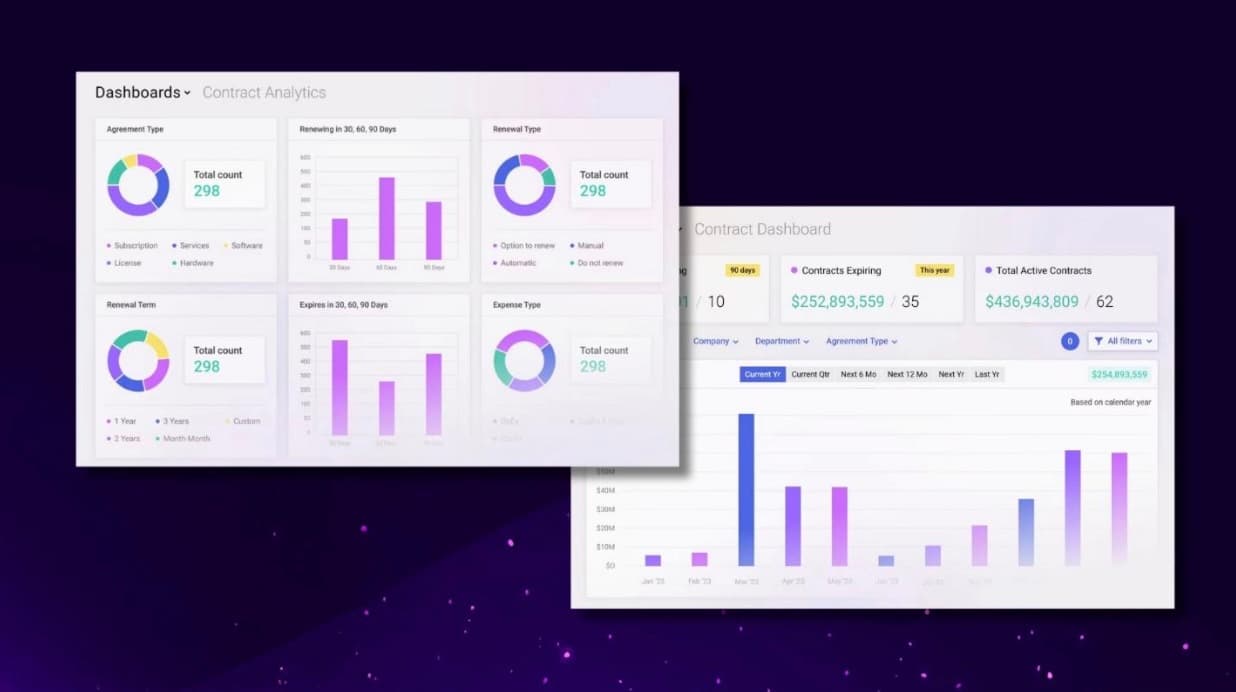AI is no longer just powering mobile apps, it’s becoming their core operating system. From personalized fitness recommendations to anticipatory UI behavior and context-aware automation, artificial intelligence is fundamentally reimagining how mobile apps are designed, experienced, and trusted. But as innovation accelerates, so do concerns around privacy, consent, and ethical design. The new mobile AI landscape demands more than just smarter features—it requires smarter responsibility.
From Tools to Companions: Mobile Apps Get a Brain
“Apps now feel alive,” observes Mohammad Syed. “They adapt on the fly, anticipating your next move.” Phil Nickinson echoes this, calling smartphones “the easiest portal into your digital self.”
But this transformation isn’t just about fluidity, it’s about intention. As Andrew Bosworth, CTO of Meta, puts it, “I don’t want to be responsible for orchestrating what app I’m opening to do a thing.” The future, it seems, is one where AI mediates intention into action, without menus or manual clicks.
Health, Productivity, and Play—AI’s Mobile Footprint Expands
AI’s utility is already visible in how we track health, optimize routines, and consume content. “I’ve worked on mobile-integrated AI models that surface early indicators of health risks,” shares Karan Tejpal, referencing the predictive analytics behind platforms like Apple Health or Oura.
Srinivas Chippagiri sees this across domains: “AI-powered apps are creating smarter, more intuitive experiences in healthcare, productivity, and entertainment.” Personalized coaching, smart note-taking, and dynamic content recommendations are no longer cutting-edge—they’re table stakes.
Rajesh Sura agrees: “Apps today don’t just react—they anticipate.” From Notion’s instant summarization to fitness apps’ anomaly detection, mobile AI is rapidly moving toward the seamless and the sentient.
Privacy, Ethics, and the Fight for User Trust
With this power comes a pivotal challenge: trust. “Most users have no idea how much of their behavior, location, or even biometric data is being used to train these systems,” warns Sanjay Mood. The fear isn’t unfounded—AI’s intimacy with personal data makes it both powerful and potentially invasive.
“Developers must build transparency into the design,” argues Gayatri Tavva. Strong encryption, ethical data collection, and user control are not optional—they’re foundational. Kirin Kopalan takes it a step further with Mind Fence™, a system designed to protect users from cognitive overload and emotional manipulation, offering “real-time filtration between AI engines and the human mind.”
Mohammad Syed emphasizes this duality: “The goal is to empower people, not compromise them.” On-device processing, clear consent flows, and minimal viable data collection are key practices that need to define the next generation of app development.
A New Kind of Designer: The Cognitive Architect
“Tech companies are no longer just building platforms—they’re curating cognition,” says Hemlatha Kaur Saran. This sentiment is especially relevant in the mobile context, where AI decisions happen in real-time, intimately interwoven with daily life.
Preetham Kaukuntla sees the rise of hands-free, voice-based experiences as a critical frontier. “Apps are becoming proactive companions,” he notes, highlighting how NLP-driven interfaces expand both accessibility and functionality.
Connor Kernochan captures the future in a sentence: “AI adds value to the UX without being overbearing.” It’s not just about what AI can do—but how invisibly and respectfully it does it.
Where We Go from Here
As AI becomes the new default for mobile interaction, the playbook must evolve. Developers are no longer just coders—they’re stewards of digital trust. From cognitive design to privacy by architecture, the future belongs to those who can deliver personalization without surveillance, assistance without intrusion.
“AI isn’t just transforming apps—it’s redefining how we relate to our technology,” reflects Shailja Gupta. And if done right, it won’t just be about better apps. It’ll be about better relationships—with our data, our devices, and ourselves.










